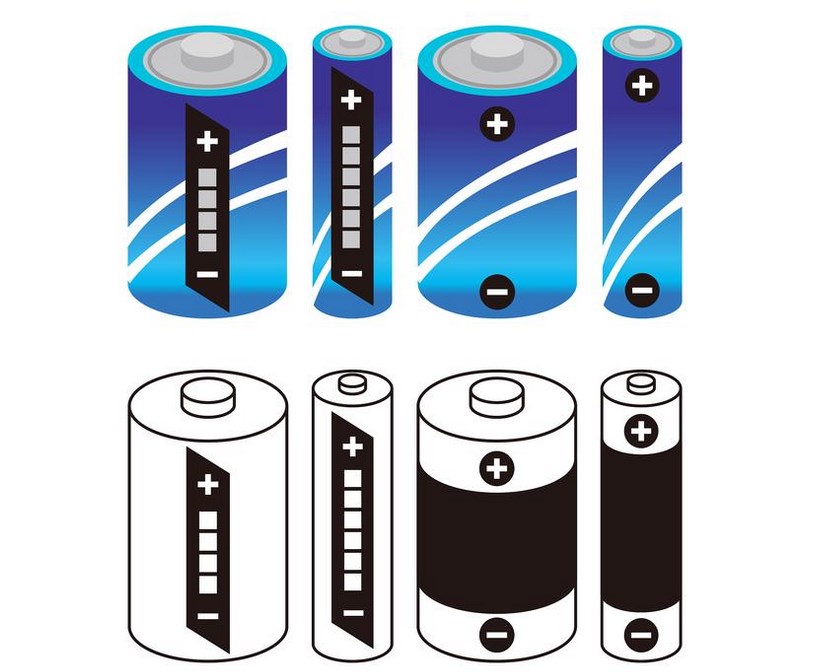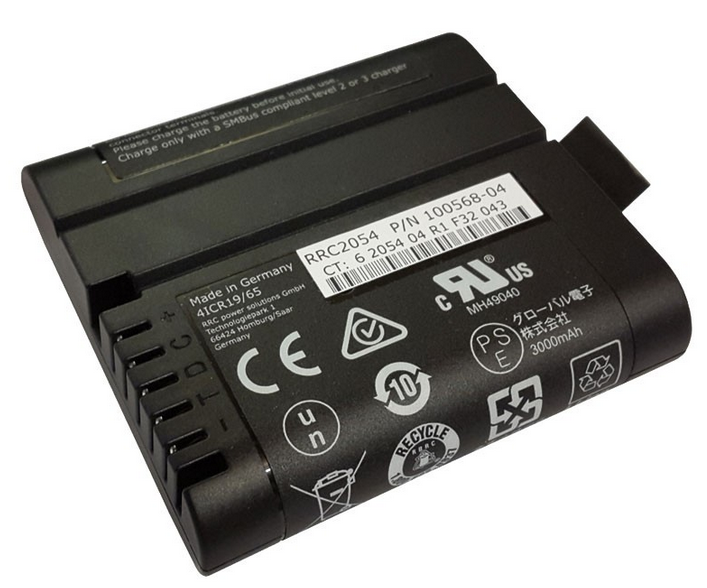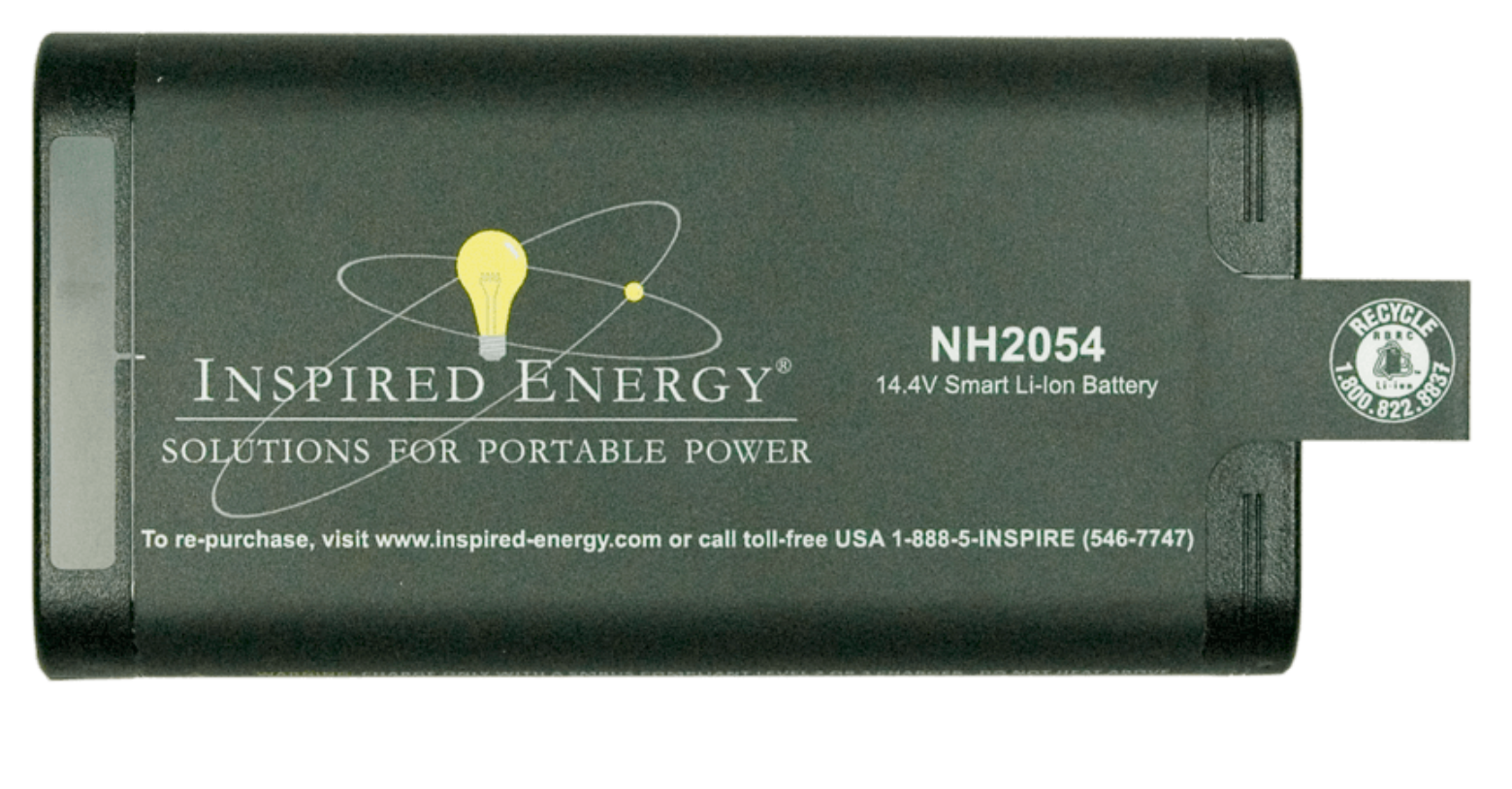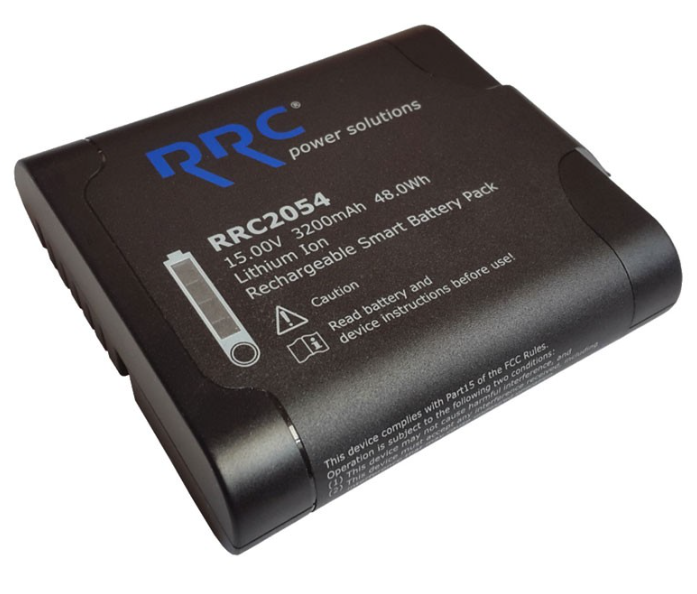OUTLINE:
2054 Battery & Equivalents
 480
480Lithium batteries, as a portable and efficient energy storage mechanism, are widely employed in a variety of electronic products and gadgets.
The UL2054 standard was designed by Underwriters Laboratories (UL) in the United States to ensure the safety of lithium batteries. We refer to batteries that meet the specification as "2054 batteries.

What is a 2054 Battery
UL 2054 is a safety standard developed by Underwriters Laboratories (UL) for residential and commercial batteries, including lithium batteries.
These standards specify the requirements and test procedures for the electrical performance, mechanical performance, safety performance, and other elements of lithium batteries, with the goal of reducing the risk of fire or explosion when batteries are employed in products.
What are 2054 Battery Equivalents
There are several international standards and regulations cover similar aspects of battery safety. Some of these include:
- IEC 62133: This is an international standard developed by the International Electrotechnical Commission (IEC) that specifies safety requirements for portable sealed secondary cells and batteries, including lithium batteries.
- UN 38.3: This is a standard set by the United Nations (UN) for the transportation of lithium batteries. It includes requirements for testing and evaluating the safety of lithium batteries during transportation.
- IEC 60086: This series of standards by the IEC covers primary batteries (non-rechargeable) and includes safety requirements for various battery chemistries.
- IEEE 1725: This standard developed by the Institute of Electrical and Electronics Engineers (IEEE) specifically addresses the safety of rechargeable lithium-ion batteries used in portable electronic devices.
Standards of 2054 Battery
UL 2054 battery sets forth the safety requirements and test procedures for batteries to ensure their safe use.
Electrical Performance Testing
- Battery Capacity: It is an important indicator for assessing the energy storage capability of lithium batteries. The testing requires the battery to be discharged under specific conditions to a voltage of 1.5V, and the capacity should not be lower than 80% of the rated value.
- Charge and Discharge Performance: This aspect measures the efficiency of the battery's charging and discharging processes. The testing is conducted at a specified rate current, and the battery is required to achieve a discharge efficiency of at least 80% according to the UL 2054 standard.
- Cycle Life: It refers to the number of charge and discharge cycles a lithium battery can endure under specific conditions. The UL 2054 standard mandates the battery to undergo charge and discharge cycles at a specified rate current, with a minimum cycle life requirement of 500 cycles.
Mechanical Performance Testing
- Battery Size: This testing ensures that the battery dimensions comply with the specified requirements, ensuring safe usage.
- Mechanical Strength: It involves subjecting the battery to various tests such as compression, impact, and drop, to evaluate its ability to withstand external stresses and ensure safety during operation.
Safety Performance Testing
- Overcharge Protection: This testing assesses the battery's ability to function properly under overcharge conditions, ensuring safety during charging.
- Overdischarge Protection: It evaluates the battery's ability to operate safely under overdischarge conditions, protecting against excessive discharge.
- Short Circuit Protection: This testing verifies the battery's capability to handle short circuit conditions without compromising safety or causing hazards.
How Do I Know When to Replace My 2054 Battery
Signs that you need to replace your 2054 battery include:
The device stops functioning or functions intermittently.
A noticeable decrease in the device’s performance.
If the device has a low battery indicator, it will alert you when the battery is low.
2054 Battery is Available on These Websites
You can choose the 2054 batteries from these websites.
1. Location Sound Corp
The RRC2054 battery from RRC Power Solutions has a high capacity of 48Wh and features sophisticated technologies like as TI Impedance Tracking, which requires no recalibration, and integrated cell balancing, which extends lifetime.
It meets global standards and is registered with international recycling systems, allowing for safe and efficient use around the world.
Unit Price: $139.95/1 piece

2. Inspired Energy
The Inspired Energy NH2054HD34 battery is ideal for low temperature applications down to -20°C, providing 8A of high discharge capability, making it suitable as a short-term "hot-swap" backup battery while the primary charges, and can be customized to meet specific requirements with options such as a higher discharge NH3054HD34 model.

3. Mouser Electronics
The RRC2054 pack from Mouser Electronics has a high capacity of 48Wh from 4S1P 18650 cells and advanced technologies such as impedance tracking, cell balancing, and global approvals, making it ideal for tablet PCs, notebooks, industrial and medical devices that require fast, safe charging and a long lifespan.
Unit Price: $118.07/1 piece

You Can Also Try Chipsmall
The competent staff at Chipsmall Limited has an average of more than 20 years of experience in the distribution of electronic components. The primary items include integrated circuits (ICs), relays, potentiometers, resistors, capacitors, modules, connections, and so forth.
Find the batteries you need HERE.
Add them to your RFQ cart and click on submit. We will respond ASAP within 24 hours.
Conclusion
The UL battery standards establish essential safety requirements that lithium-ion batteries must meet to ensure safe operation and handling. The advent of the 2054 battery represents a monumental leap forward in energy storage technology. With its unparalleled capacity, efficiency, and longevity, it has revolutionized numerous industries and transformed the way we power our lives. Certification allows batteries to be used globally and gives consumers assurance regarding quality, fire resistance and product compliance with international standards.

Disclaimer: The views and opinions expressed by individual authors or forum participants on this website do not represent the views and opinions of Chipsmall, nor do they represent Chipsmall's official policy.

share this blog to:

